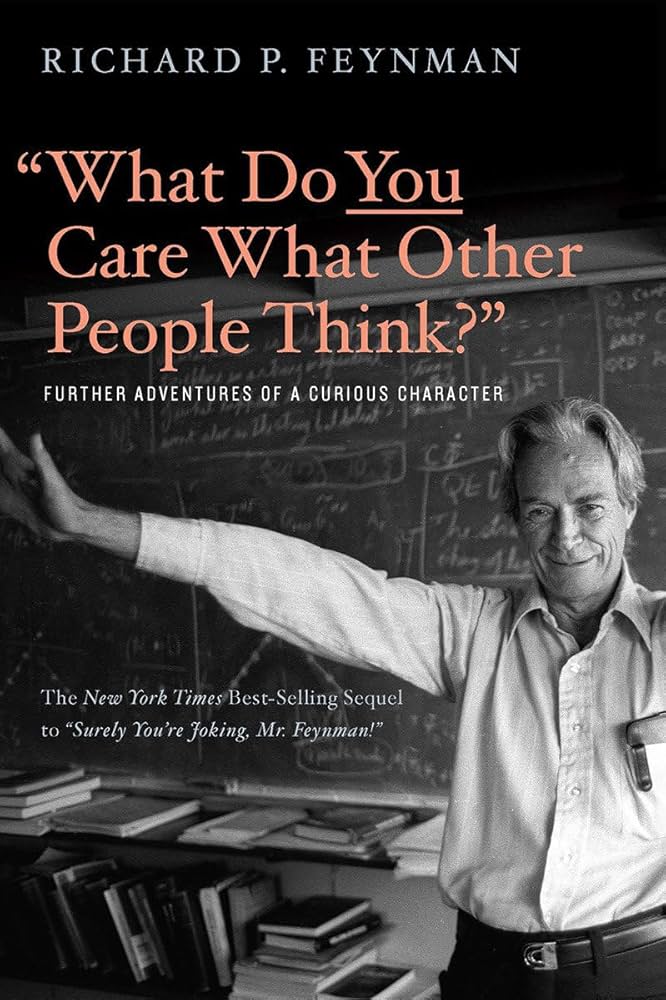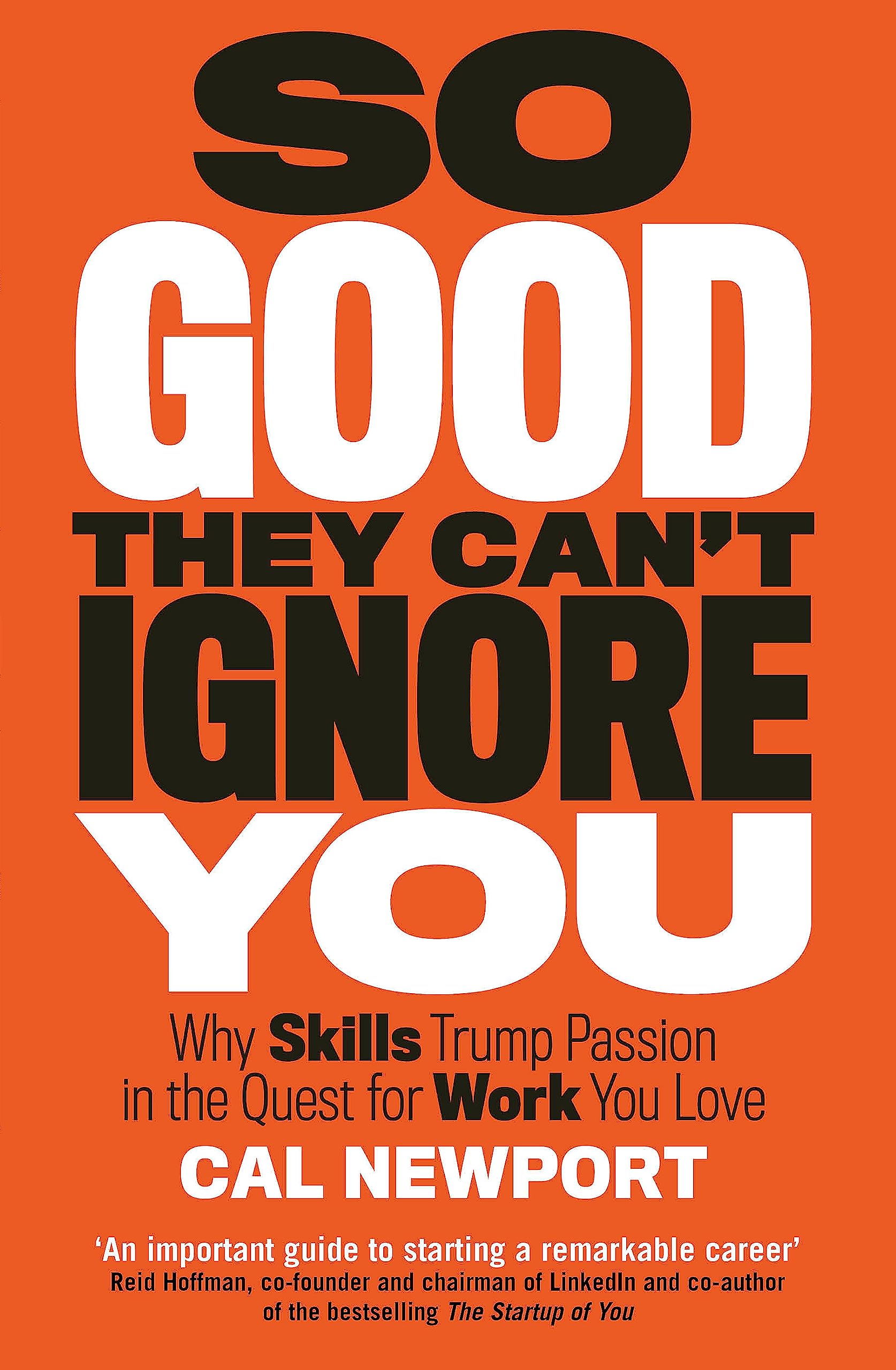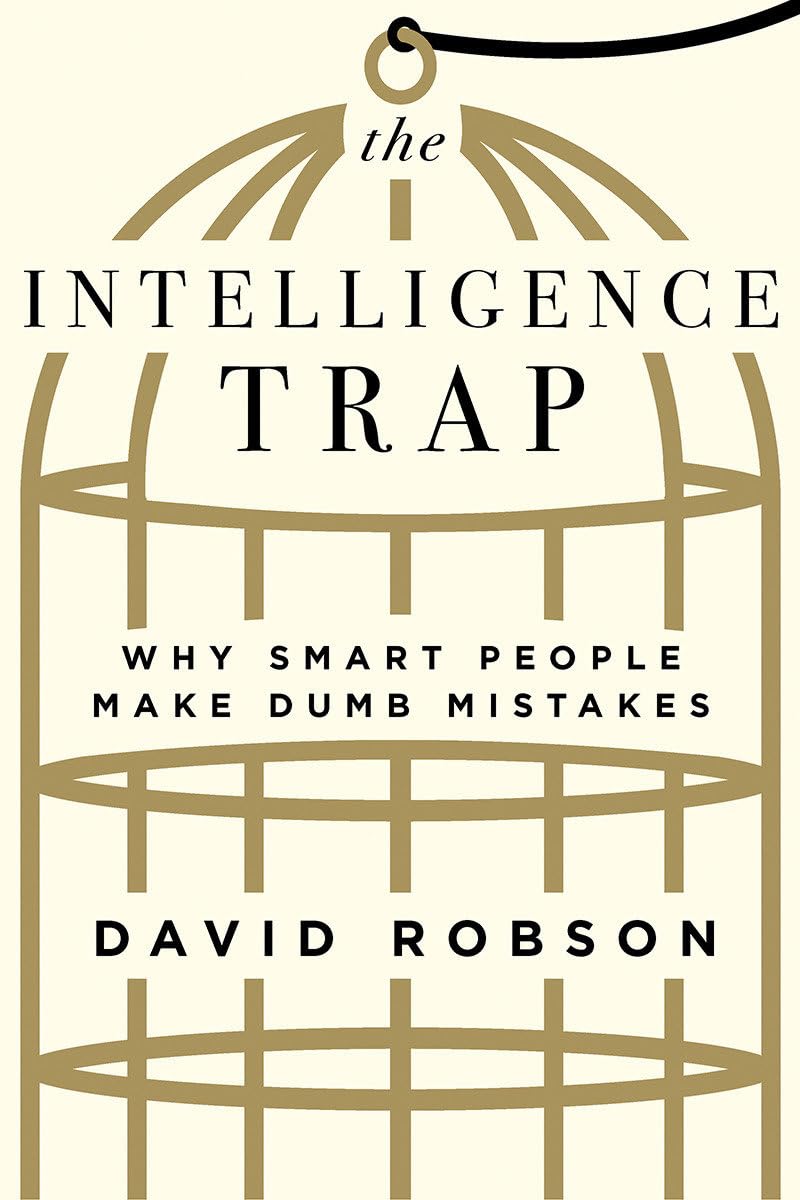Curious characteristics
An annotated reading of the books I finished in October 2024.

I’m early in posting this month’s annotated reading. Here’s to good fall vibes! Let’s dive in.
Books Read in October 2024
- What Do You Care What Other People Think?
- Acceptance and Commitment Therapy
- So Good They Can’t Ignore You
- The Intelligence Trap
Do you care what other people think?
Richard P. Feynman is arguably one of the most iconic scientists and educators of the last century, alongside towering intellectuals such as Albert Einstein and Marie Curie. “What Do You Care What Other People Think?”: Further Adventures of a Curious Character chronicles Feynman’s life journey from being born a modestly inquisitive boy in mid-20th century New York, falling in love with both science and his early lover, to becoming one of the world’s highest regarded icons of modern physics. This tale spans the gambit from exploring the fragility of human communications and ego in large, bureaucratic enterprises to characterizing the value of scientific thinking in the modern era.

The framework of frameworks
For the last 40 years, Acceptance and Commitment Therapy (ACT) has given rise to a new wave of psychotherapy. In this framework, Steven C. Hayes outlines actionable steps one can take to regain connection to themselves and their core values. Disintegration from one’s core values - either by never unearthing them or by falling away from them - can often lead to dissatisfaction with the trajectory of one’s personal and professional life. To address this, ACT emphasizes helping individuals accept and reintegrate with their core values through specific actions one can take in any season of life.

Be so good they can’t ignore you
Inevitably, Cal Newport’s well-known book So Good They Can’t Ignore You landed on my reading list this month (fortunately so). Cal’s writing has a way of drawing from many relevant experiences modern knowledge workers will be familiar with, such as questioning the right way to build a fulfilling career in a world of endless possibilities. Succinct yet insightful, Cal’s research presented in this work suggests that (1) chasing passion for its own sake often doesn’t work well for shaping one’s career and (2) as a consequence, most people are better off building rare and valuable skills (as defined by current or future market trends). By definition, such skills are rare, so without intentionality and deliberate practice one is unlikely to (serendipitously) cultivate them.

Know thy biases
In the spirit of Daniel Kahneman, David Robson warns readers of the dangers of relying on intellectual thinking indiscriminately. As Robson explains in The Intelligence Trap, human minds are unconsciously prone to taking mental shortcuts and reverting to well-formed biases about how the world (or other people) work. Through countless startling examples of intellectual blindspots leading to social phenomena such as meta-forgetfulness, Robson cautions readers to reconsider the grounding of their well-formed views of how the world really works.

Be kind(er) to yourself and others this month.
Alex